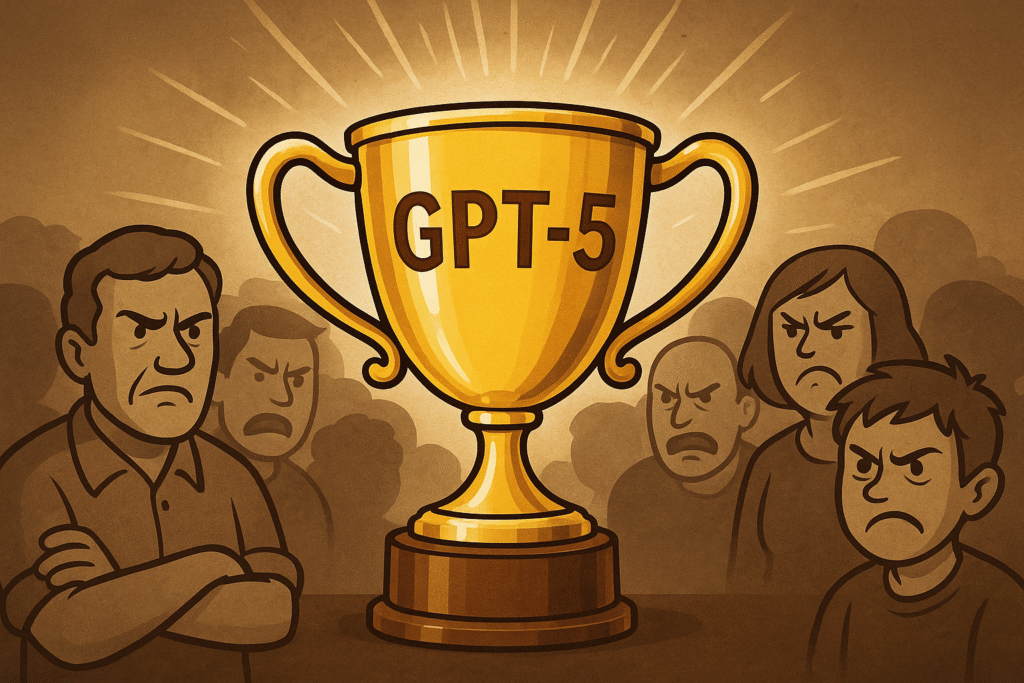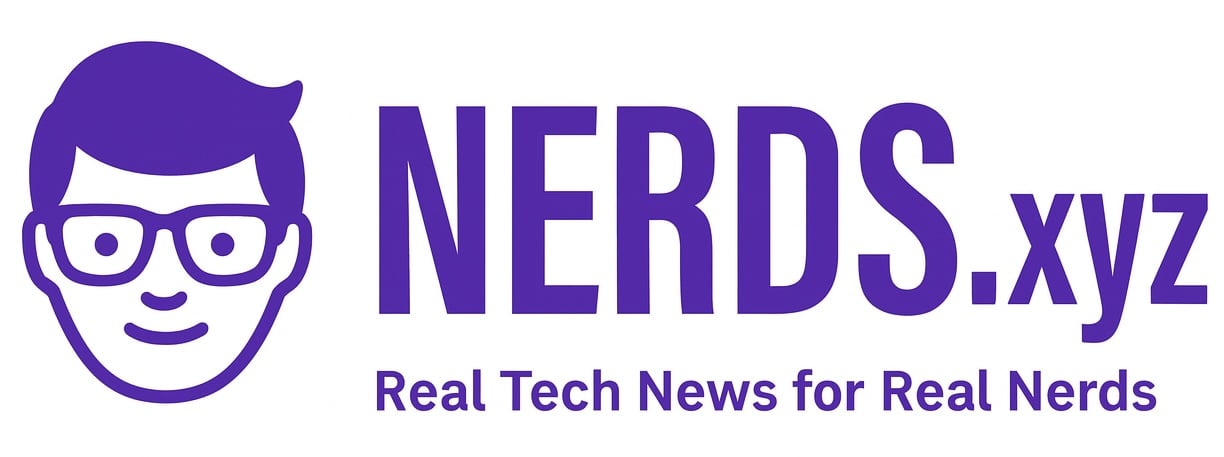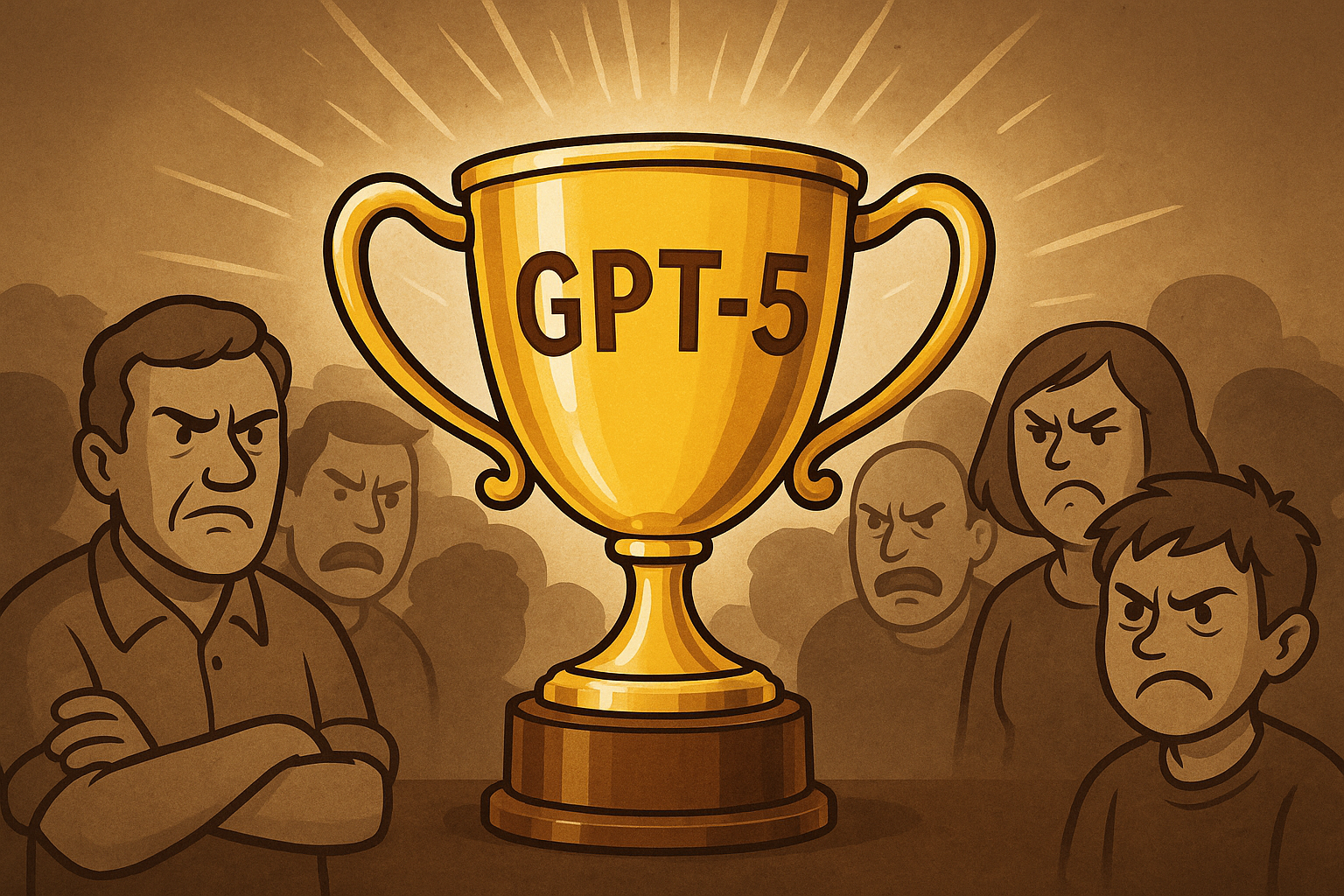
Well, folks, I finally got access to GPT-5, and let me tell you, I am seriously impressed. For months, I have been reading speculation, leaks, and hot takes about what it would be like. Now that I have actually used it, I think a lot of the negativity swirling online is missing the bigger picture.
If you spend any time on Reddit, Twitter, or YouTube, you will see the same complaints repeated. Some people say GPT-5 is no different from GPT-4. Others claim it has lost its personality. Some insist it is too safe and refuses to answer too many questions. The internet has been quick to declare it a disappointment. The truth is, much of that does not seem based on actual use.
Let us start with what is actually better. GPT-5 handles coding, math, and reasoning more effectively than any version before it. The difference is clear if you give it complex instructions or ask it to work through problems step-by-step. It is more willing to think before answering, which means fewer mistakes and more complete solutions. For developers, students, and anyone working on detailed projects, this is a real improvement.
The too safe criticism is a different story. Yes, GPT-5 will shut down certain topics more quickly than older models. OpenAI has tuned it to be more cautious. This bothers some people who want a totally unfiltered AI. But that is not a sign of lower intelligence. If anything, the answers it does give are more precise, and it avoids wandering into random tangents or made-up facts as often.
Then there is the personality complaint. I get where this comes from. Out of the box, GPT-5 does seem more neutral. If you are used to the chatty, quirky tone that earlier models sometimes had, you might think something is missing. But after spending a bit of time prompting it and shaping responses, I can still get the same casual and conversational tone I enjoy. It just takes a nudge.
I think a lot of the frustration comes from unrealistic expectations. People saw GPT-5 and assumed it would be a massive leap toward science fiction-level AI. That was never realistic. GPT-5 is not an artificial general intelligence. It is still a language model. The fact that it did not instantly transform into a digital superhuman does not mean it is a failure. Calling it no better because it did not meet fantasy-level expectations is like saying a new smartphone is bad because it does not teleport you to work.
The other thing worth noting is how much online opinion is shaped by AI fatigue. Over the last two years, AI has dominated tech news. We have had constant product launches, updates, and press releases. By the time GPT-5 came out, some people were ready to dislike it before even trying it. Negativity often gets more clicks than praise, so criticism spreads faster.
My early impressions are different. GPT-5 feels sharper. It stays on topic longer. It makes fewer obvious mistakes. It handles multi-part instructions without dropping pieces of the request. It can analyze a complex problem, decide when to respond quickly, and decide when to slow down and think through the answer. That makes it more reliable for real work.
I also appreciate the improvements in multimodal capabilities. GPT-5 can understand and generate content based on images with better context than before. It is still not perfect, but it is another step forward in making AI more useful beyond just text.
Is GPT-5 perfect? No. It can still make errors. It can still give vague answers if you are not specific in your prompts. And like all AI, it will sometimes misinterpret what you mean. But compared to what came before, it is the strongest general-purpose AI tool I have used.
The backlash feels louder than the praise right now, but I suspect that will change. Once the early wave of criticism dies down, more people will start to appreciate what GPT-5 can actually do. We have seen this pattern with other big updates in tech. The initial response is skepticism, followed by quiet adoption once people see the benefits for themselves.
For me, GPT-5 is not just an upgrade on paper. It is an upgrade I can truly feel in actual use. I have used it for research, brainstorming, and troubleshooting technical issues. In all of those areas, it has been more capable than GPT-4. That is the standard I care about.
The bottom line is simple. GPT-5 is not going to live up to every wild expectation, but it does not need to. It just needs to be better than what came before it. From what I have seen so far, it is.



I wonder if much of the negative press is being generated by competitors like Grok or Llama.